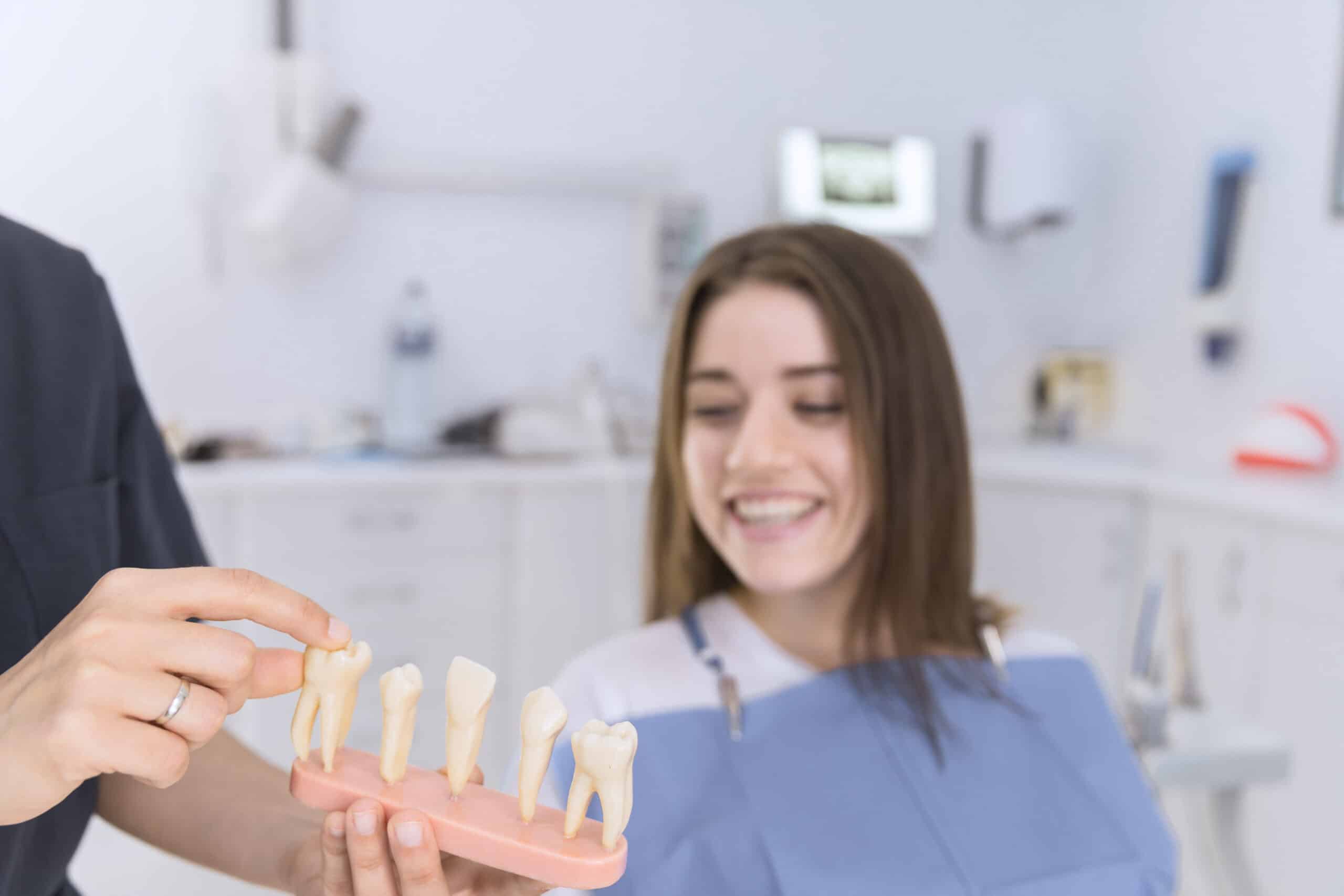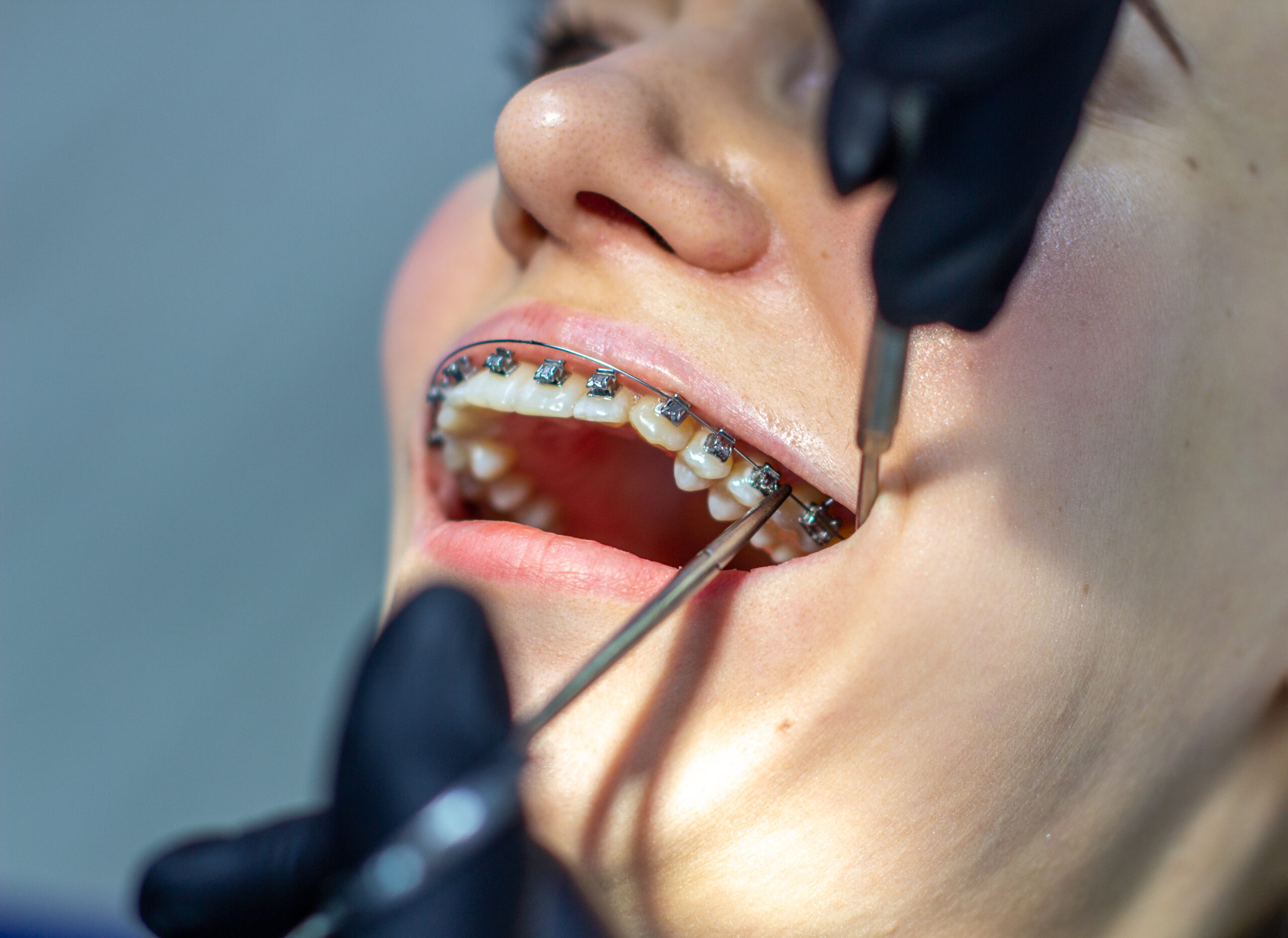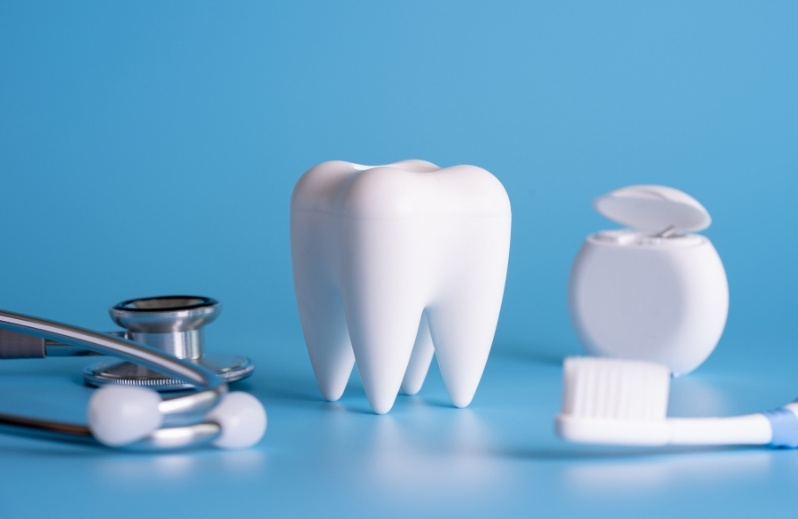Call: (810) 674-3060
Choosing The Right Candidate For A Dental Crown

Are you experiencing tooth pain, sensitivity, or damage? A dental crown may be the solution to your problems! This popular dental procedure has helped countless people restore their smiles and improve their oral health. But how do you know if a dental crown is right for you? In this informative blog post, we’ll explore the different types of dental crowns available and identify the ideal candidate for this beneficial treatment. So sit back, relax, and let’s dive into the world of dental crowns!
When Is A Dental Crown Necessary?
When it comes to dental procedures, there are different options available depending on your needs. One of the most common treatments is getting a dental crown. But when is this necessary?
A dental crown may be necessary if you have a damaged or decayed tooth that cannot be repaired using other methods such as fillings. It can also help protect weak teeth from further damage and improve their appearance.
In some cases, a dentist may recommend getting a crown after performing a root canal treatment to strengthen the tooth and prevent future infections.
Another reason for getting a dental crown is to replace missing teeth with an implant-supported crown. This option provides both functionality and aesthetics by mimicking the look and feel of natural teeth.
If you have any concerns about the health or appearance of your teeth, it’s best to consult with your dentist who can determine whether or not a dental crown would be beneficial for you.
The Different Types Of Dental Crowns
Dental crowns are tooth-shaped caps that fit over damaged or decayed teeth to improve their appearance, shape, and strength. There are several types of dental crowns available nowadays, each with its advantages and disadvantages.
The most popular type of dental crown is a porcelain-fused-to-metal (PFM) crown. PFM crowns offer excellent durability and can be matched to the color of your natural teeth for an aesthetically pleasing result. However, they may not be suitable for those with metal allergies as well as those who have gum recession because the metal base can become exposed.
Another type is all-ceramic or all-porcelain crowns which provide an even more natural look than PFM ones since there’s no metal used in their construction. They’re also beneficial for people who experience sensitivity to metals like nickel. However, these types of crowns tend to wear down faster compared to other materials.
For individuals looking for affordability without sacrificing quality, gold alloy or base-metal alloys might be the best option. These types of dental crowns are strong enough to withstand high pressure from chewing but their metallic look makes them less popular among people looking for a natural-looking smile.
Each type has its benefits and drawbacks depending on individual cases so you must consult your dentist before any decision-making process when deciding which one would work best for you!
The Right Candidate For A Dental Crown
A dental crown is an effective solution to many dental problems, but not everyone needs one. So, who is the right candidate for a dental crown? The answer depends on several factors.
If you have a severely damaged or decayed tooth that cannot be restored with fillings or other treatments, then a dental crown may be necessary. A broken or cracked tooth can also benefit from a crown as it helps protect and strengthen the remaining tooth structure.
If you have undergone root canal treatment, your dentist may recommend a crown to cover and protect the weakened tooth structure. Without proper protection after root canal therapy, the treated teeth are more prone to fractures and breakages.
People with extremely discolored teeth due to genetic disorders like dentinogenesis imperfect or exposure to certain medications could choose crowns as they provide better coverage than veneers.
Those who grind their teeth excessively (bruxism) should consider getting crowns since this habit weakens enamel over time. Crowns offer extra protection against further damage by providing full-coverage support.
Anyone experiencing any of these conditions should consult their dentist about whether they are suitable candidates for dental crowns. It’s essential to remember that every case is unique and requires individualized attention from your dentist in determining which treatment option will work best for you!
What To Expect During The Procedure
When it comes to getting a dental crown, knowing what to expect during the procedure can help ease any anxiety or uncertainty you may have. The process typically involves two appointments with your dentist.
During the first appointment, your dentist will examine the tooth that needs the crown and prepare it for restoration. This may involve removing decayed or damaged portions of the tooth and shaping it to fit the crown properly.
Next, impressions of your teeth will be taken to create a custom-fitted permanent crown. A temporary crown will be placed on your tooth until your next appointment.
At your second appointment, which usually takes place one to two weeks later, your temporary crown will be removed and replaced with the permanent one. Your dentist will make any necessary adjustments to ensure a proper fit and bite alignment.
Getting a dental crown is a relatively simple procedure that can help restore both function and appearance to damaged or weakened teeth. Talk with your dentist if you have any concerns about undergoing this treatment.
Bottom Line
A dental crown is an effective solution for various dental problems. It can protect and strengthen a damaged tooth while improving its appearance. The right candidate for a dental crown is someone who has a weak or broken tooth that needs to be restored.
However, it’s important to consult with your dentist first before deciding on this treatment option. Your dentist will assess your oral health and determine if you’re eligible for the procedure.
If you are looking to get a dental crown, make sure to choose the right type of material that suits your specific needs and preferences. Additionally, follow good oral hygiene practices such as brushing twice daily and flossing regularly to ensure the longevity of your new crown.
Remember that a dental crown can provide long-lasting benefits but it also requires proper care and maintenance. With regular check-ups and appropriate care, you can enjoy healthy teeth and gums for years to come!




